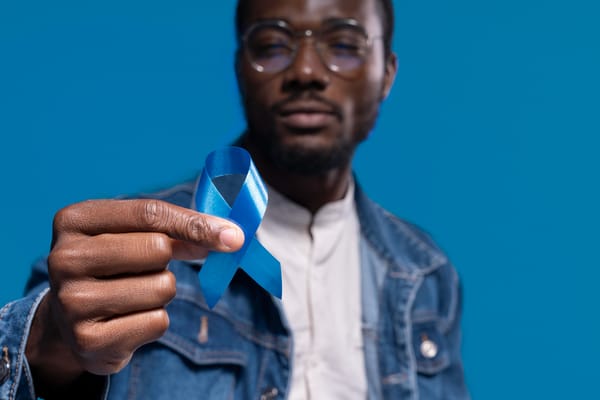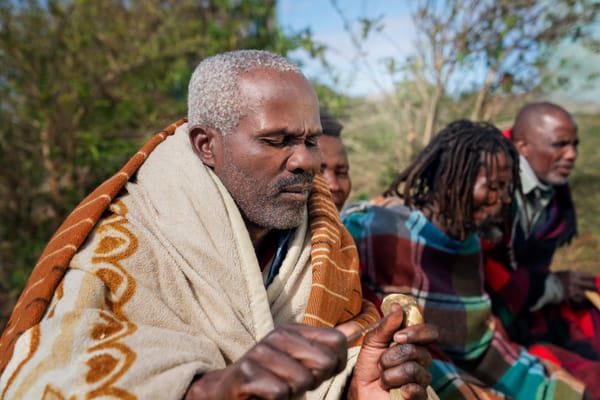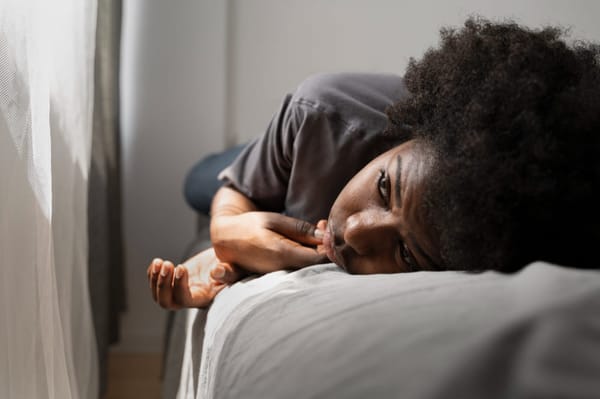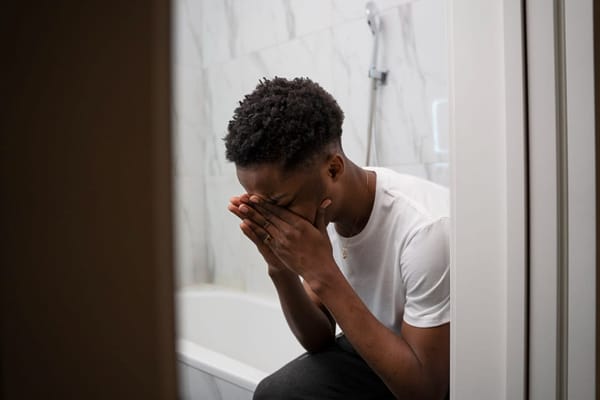Confront Femicide, End GBV in Kenya
Gender-based violence (GBV) in Kenya is a pervasive issue, impacting individuals across diverse social and economic backgrounds. The Kenya Demographic and Health Survey (KDHS) 2022 reported that nearly 45% of women aged 15–49 have experienced some form of physical or sexual violence in their lifetime, with intimate partner violence (IPV) being one of the most prevalent forms. Cases of sexual violence have also surged in informal settlements, where resource scarcity and social instability heighten vulnerability (Amnesty International, 2022). Among the most affected are young girls, with many facing early marriages, female genital mutilation (FGM), and sexual exploitation, especially in rural and marginalized areas (UNICEF, 2022).
As the 16 Days of Activism 2024 approaches, Kenya faces a crisis of femicide cases, claiming the lives of countless women and girls. In 2024, almost every month, there has been a reported case of femicide, with victims often young women in their 20s and 30s, who have been sexually assaulted, killed, discarded at dumpsites, or disappeared without a trace. Victims are often young women in their 20s and 30s, and these incidents often involve extreme violence, including stabbing, mutilation, and burning.
These cases stem from a culture that perpetuates male control and power, where societal norms may tolerate or reinforce violence against women, leaving them vulnerable and without sufficient protection. Victim-blaming often prevails when such cases are reported, leading to additional social division. Social media has further fueled this atmosphere, with influential individuals spreading hate and attacking civil society organizations and human rights movements as "paid activists" for advocating women's safety.
In the last three months alone, Kenya recorded 97 femicide cases, and widespread public outcry against femicide has led to several major demonstrations under the slogan 'STOP KILLING WOMEN.' These protests demand justice for victims and an end to the unrelenting violence against women. However, these outcries have largely failed to garner the attention of decision-makers and actors, allowing violence to persist unchecked.
Despite legal frameworks such as the Sexual Offenses Act (2006) and the Protection Against Domestic Violence Act (2015), enforcement remains challenging due to cultural norms, underreporting, and inadequate support systems for survivors (Human Rights Watch, 2023). This persistent reality calls for a multidimensional approach in policy, advocacy, and community engagement to combat GBV and support survivors effectively.
The 16 Days of Activism campaign is more than just a global awareness initiative; it's a call for collective action. Whereas the United Nations Secretary-General’s UNiTE by 2030 to End Violence against Women initiative (UNiTE) calls for global action to increase awareness, galvanize advocacy efforts and share knowledge and innovations to end VAWG once and for all, stakeholders across all sectors in Kenya must undertake coordinated and proactive interventions. As Kenya approaches the 30th anniversary of the Beijing Declaration, it presents an opportunity for the country to confront the growing crisis of femicide head-on. The call to action is simple yet profound: Every woman deserves safety, dignity, and justice.
From governments, to civil societies, to activists, to community leaders, and every citizen, we should push for stronger laws, better enforcement, and more resources to protect survivors. May this campaign serve as an educational tool, a tool for dismantling harmful gender stereotypes and informing the public about the roots of femicide. Schools, workplaces, villages, towns, and social media platforms play a role in spreading awareness and bringing these issues to the forefront of public discourse. This global movement calls upon governments, communities, and individuals to challenge and change norms that perpetuate violence against women and girls (UN Women, 2023).
Before us, the campaign lays a clear message: we cannot wait for others to fix the problem. The 16 Days of Activism Against Gender-Based Violence, marked annually from November 25 (International Day for the Elimination of Violence Against Women) to December 10 (Human Rights Day), underscores the urgent need for collective action. Additionally, involving men and boys in conversations about ending violence against women is crucial for challenging harmful norms (Heise & Manji, 2016).
In conclusion, creating a safer Kenya for women and girls requires sustained, multi-sectoral efforts. From the top government leadership, to the common mwananchi, we should lead in advocating for stronger legal frameworks, engaging in community dialogues on femicide prevention, and collaborating with local organizations to establish safe spaces for women and girls. Holding public officials accountable, amplifying survivors' voices, and promoting reporting are essential steps toward fostering an environment intolerant of gender-based violence. Strengthening partnerships between government bodies, non-governmental organizations, and international agencies, as well as pushing for responsible media coverage and increased research on femicide, can drive more comprehensive and informed interventions. Through these coordinated actions, including advocating for expanded funding for victim support services, Kenya can move closer to eliminating gender-based violence and protecting human rights for all.
By Rahma Oda
RHNK Youth Advocate



